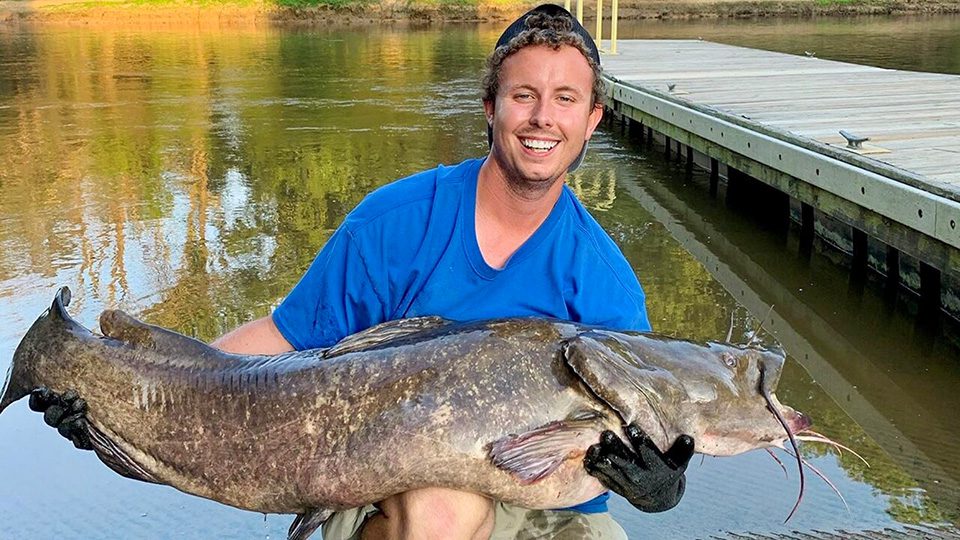Some folks just don’t get it. The transplantation of non-native species to water bodies where they don’t belong can wreak havoc on native ecosystems and forever alter fisheries in ways that have become easier predict.
Just ask the anglers who fish where non-native Alabama bass or spotted bass have been introduced. These feisty little bass are fun to catch, and most of the time they’re easier to catch than native largemouth and smallmouth bass. However, they readily out-compete or interbreed with the native bass species in most systems where they’re introduced. Some of the nation’s best largemouth and smallmouth fisheries have been ruined by well-meaning anglers who thought it would be fun to add spots to their local fishery.
And it’s not just spotted bass, or snakeheads, or lionfish that are a problem. In Georgia, the Wildlife Resources Division (WRD) is currently fighting the good fight against non-native flathead catfish that showed up recently in the Ogeechee River. The Ogeechee drains a large area and flows almost 300 miles across geographic regions to flush into the Atlantic at Ossabaw Sound south of Savannah. Channel catfish and white catfish are the native catfish species to the drainage, but catfish aren’t the primary concern in the face of a flathead invasion.
Flathead catfish grow larger and feed more voraciously on live fish than the Ogeechee’s native catfish species. Flatheads are certainly a fun species for catfish anglers to target. However, more than 20 years ago, flatheads came into the spotlight as an invasive nuisance after they had devastating effects on panfish populations in Georgia’s Satilla River. Now the Ogeechee faces a similar threat to its renowned fishery for redbreast sunfish, as well as for bluegill and redear sunfish.
The first flathead to come to the attention of Georgia WRD was a single fish caught by a commercial angler in December 2021. At the time it was hoped this was an isolated fish that came from the nearby Savannah River. Extensive sampling was conducted over the next two years, and no more flateheads were discovered. This summer, in August, WRD staff captured and removed another flathead during sampling and then a dozen more in a short stretch of river down near the coast. The plan is to continue extensive sampling and removal of flatheads in and around this portion of river, and WRD has asked anglers to harvest every flathead catfish they catch in the Ogeechee.
However, as we’ve seen before on Georgia’s Satilla, Altamaha and Savannah Rivers, where flatheads have established reproducing populations, and in countless other systems where other non-natives have been introduced, it could be a long uphill battle toward a stalemate and perennial management rather than eradication of an invasive species.
No matter how fun you think it might be to fish for a non-native in your local waters, do not transport fish to waters where they are not native! Like Pandora’s Box, there’s no end to the troubles it creates.
For more information, visit GeorgiaWildlife.com/ans.
